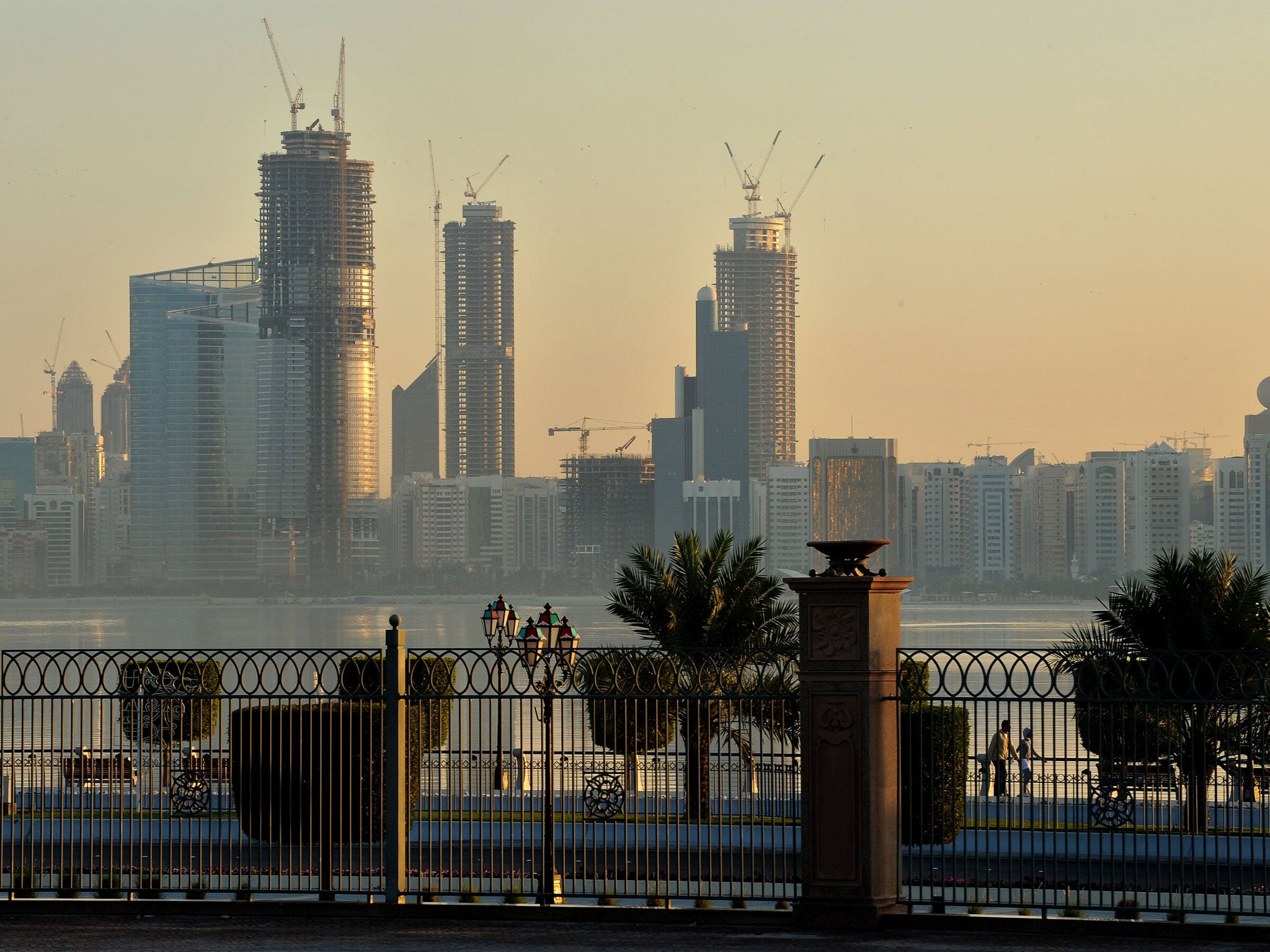I was Boris Johnson's head of Middle Eastern investment. These are the mistakes he's making over the region
The flow of oil between the United Kingdom and the Middle East will never be two-way, but the transfer of knowledge can be

There is much debate about whether the UK’s economy can survive and thrive after Brexit, particularly since there is still no visibility about what the UK’s trading arrangements will be with the European Union after it leaves. In my role as head of inward Middle Eastern investment during his tenure as mayor, I saw how effective Boris Johnson was at attracting foreign investment to London. I hope he has the same focus as prime minister — particularly with regard to the Middle East.
I also hope that he can develop two-way traffic where British investors can fuel the next generation of Middle Eastern entrepreneurs, many of whom would be literally turning offers of investment away if they were fortunate enough to be based in London or San Francisco.
This may seem counter intuitive at a time when many are cautious about doing business with and in a region that, as the Iran Deal unravels, can seem to be on the edge of a precipice. But I believe that new UK-Middle East business links are not only desirable but essential – for both us and the region. As well as the well-trodden business hubs, this should also include the places, and the relationships, that have perhaps remained unexplored. In an ideal world, that would even include Iran – a country’s whose entrepreneurs have much to offer the world and whom are, despite being at the heart of the silk roads that created global trade, are cut off from so much of it by sanctions.
Even at times of lower tensions in the Middle East, I’ve seen the region be caricatured - including by some well-informed business leaders – as nothing much more than an oil rig or an investment vehicle.
But the Middle East is much more — for a start, its youthful populations (one third of the region is between 15 and 29) have a vitality that few in Europe or North America can compete with. That younger generation can provide the innovation, technology, and future proof businesses that will fuel global growth not only over the next decade, but throughout the next century.
And there is no question that those youth are tech-savvy – it is no longer just Saudi Arabia that has long led the world in social media usage, but that there are emerging tech hubs in the Kingdom, the UAE and Egypt.
There is a wealth of entrepreneurial talent in the region that Britain should tap as eagerly as it drills the land’s oil. On a recent trip to Kurdistan, I met a young Syrian refugee who had developed a smart censor that detects food waste in restaurants. With our help, he secured funding to develop the technology. Even amongst those in the Middle East more fortunate than Syrian refugees, entrepreneurship is becoming a necessity: In oil rich Oman, 40 per cent of young people are unemployed and are increasingly looking to startups for essential job creation.
Britain’s links with the region are already some of its strongest with any region in the world. As well its historic role, modern Britain is a preferred partner for many of the young Middle Eastern entrepreneurs I meet.
They want British mentoring, partnerships and investments more than those from any other part of the world. They are geographically and often culturally closer to the UK than other emerging markets in Asia. And the pace of change and development – both technological and social – is faster than anywhere else on earth. This can be seen in everything from smart cities to women’s rights.
There is no doubt that these opportunities are in the obvious places like Dubai and Abu Dhabi, but also in the more unlikely places like Iran. The Islamic Republic’s population is young, even by Middle Eastern standards, and their technological awareness and ingenuity is regularly on display in the country’s varied social movements, most of which are started and co-ordinated online.
London has always been the preferred destination when the Middle East’s elite looks to invest – in future, it may become their first port of call when it’s hungry young entrepreneurs look to grow their businesses. The flow of oil between the United Kingdom and the Middle East will never be two-way, but the transfers of money and knowledge can be.
Omar Hassan was head of inward Middle Eastern investment during Boris Johnson’s tenure as Mayor of London, and is co-founder of UK MENA Hub.


Join our commenting forum
Join thought-provoking conversations, follow other Independent readers and see their replies